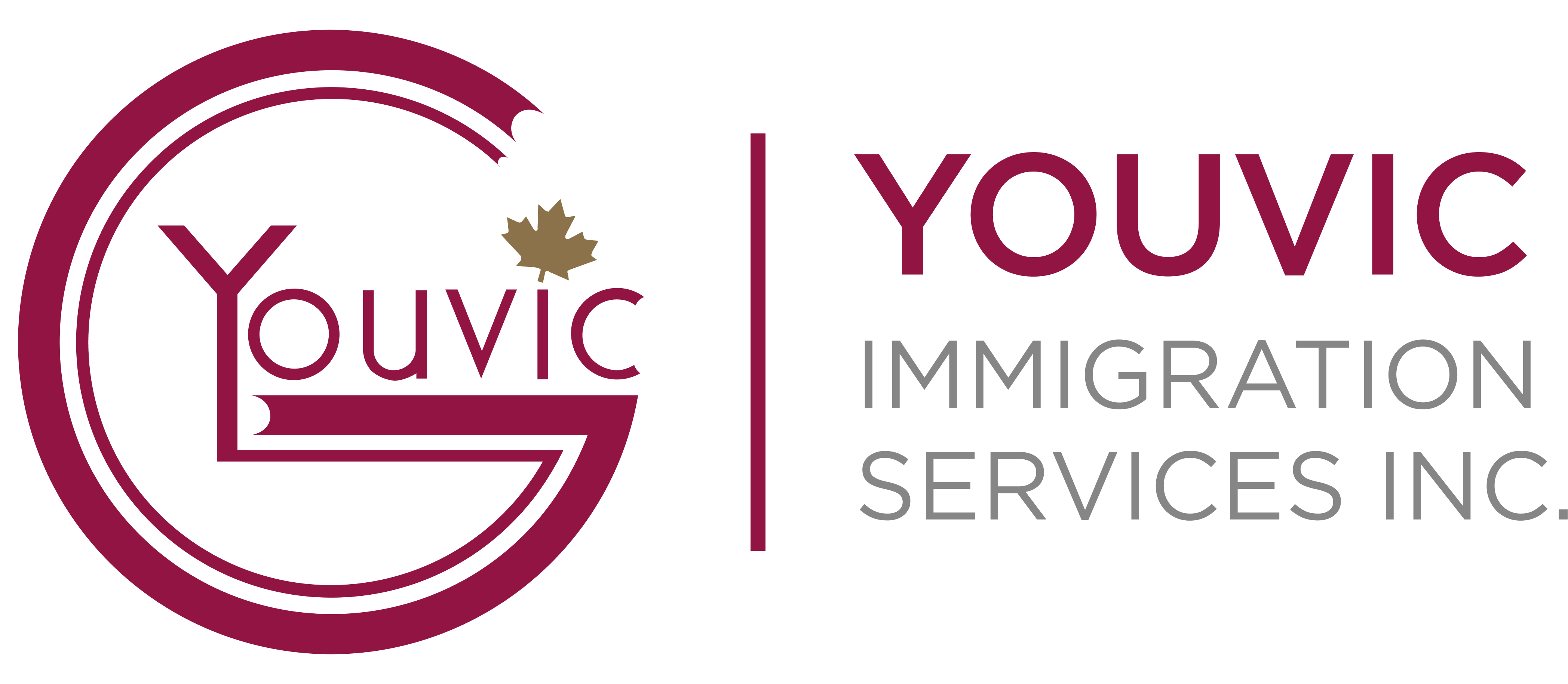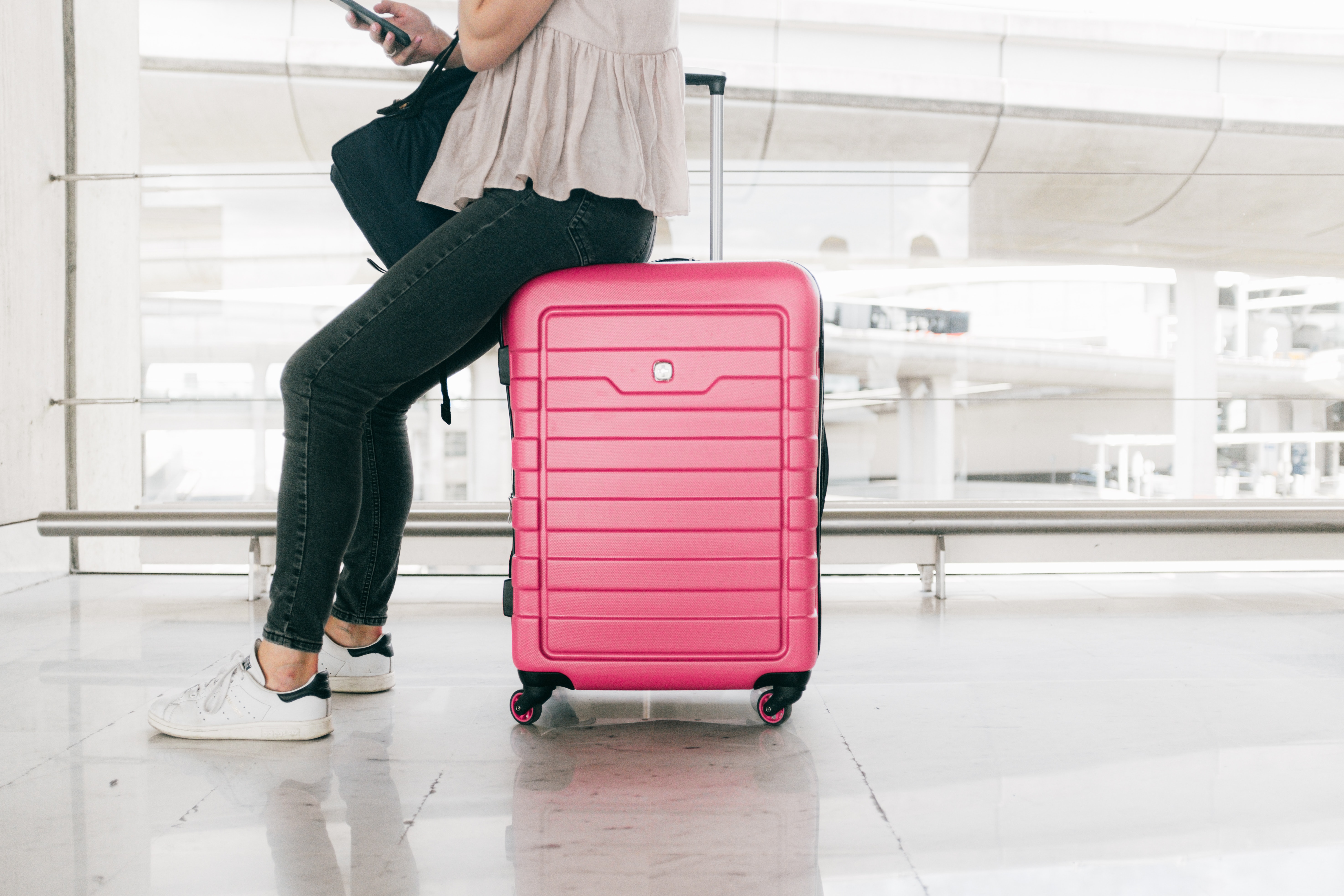Government of Canada’s first phase to easing border measures for travellers entering Canada
The Government of Canada is taking a responsible, precautionary approach at the border by continually monitoring available data and scientific evidence to protect the health and safety of Canadians.
Today, the Government of Canada is announcing the details of the first phase of its approach to easing border measures for travellers entering Canada. These cautious adjustments are now possible because of the successes of the vaccine roll out in Canada and Canadians following public health measures.
Beginning July 5, 2021 at 11:59 p.m. EDT, fully vaccinated travellers who are permitted to enter Canada will not be subject to the federal requirement to quarantine or take a COVID-19 test on day-8. In addition, fully vaccinated travellers arriving by air will not be required to stay at a government-authorized hotel.
To be considered fully vaccinated, a traveller must have received the full series of a vaccine — or combination of vaccines — accepted by the Government of Canada at least 14 days prior to entering Canada. Currently, those vaccines are manufactured by Pfizer, Moderna, AstraZeneca/COVISHIELD, and Janssen (Johnson & Johnson). Travellers can receive their vaccine in any country, and must provide documentation supporting their vaccination in English, French or with a certified translation.
For these new measures to apply to them, fully vaccinated travellers must still meet all other mandatory requirements, including pre- and on-arrival testing. Continued testing will allow public health experts to keep monitoring positivity rates at the border, monitor for variants of concern, and make further adjustments to border measures as needed.
Fully vaccinated travellers must also be asymptomatic, have a paper or digital copy of their vaccination documentation, and provide COVID-19-related information electronically through ArriveCAN prior to arrival in Canada. They must still present a suitable quarantine plan, and be prepared to quarantine, in case it is determined at the border that they do not meet all of the conditions required to be exempt from quarantine. As with all other exempt travellers, they will be required to follow public health measures in place, such as wearing a mask when in public, keep a copy of their vaccine and test results, as well as a list of close contacts for 14 days after entry to Canada.
For travellers who are not fully vaccinated, there are no changes to Canada’s current border measures. They must continue to adhere to the current testing and federal quarantine requirements, which have been effective in reducing importation and transmission of COVID-19 and variants in Canada, and provide COVID-19-related information electronically through ArriveCAN before arriving in Canada. Unvaccinated air travellers must also book a three-night stay at a government-authorized hotel before their departure to Canada.
The Government of Canada’s response to the COVID-19 pandemic will continue to prioritize the health and safety of Canadians. As vaccination, case counts and hospitalization rates evolve, the Government of Canada will continue to consider further targeted measures at the borders—and when to lift or adjust them—to keep Canadians safe and the economy running.
“The cautious adjustments announced today are only possible because of the tremendous efforts of Canadians, and additional ones will only happen if we continue to protect each other. Thank you to all those who have stepped up to get their first and second dose. If you haven’t, get vaccinated when it’s your turn, follow up for your second dose, and continue to follow public health measures.”
– The Honourable Patty Hajdu, Minister of Health
“The safety and security of Canadians remains our top priority as we look to support the careful and safe arrival of new permanent residents to Canada over the next year. These new permanent residents will finally be able to start their new life in Canada and Canada will benefit from their skills when we pivot to post-pandemic economic recovery. At the same time, we’ll continue to offer protection to those who need it most, and keep our place as a global leader in providing a safe haven for refugees.”
– The Honourable Marco E. L. Mendicino, P.C., M.P., Minister of Immigration, Refugees and Citizenship
Quick Facts
- For all travellers coming to Canada, planning in advance to ensure all mandatory requirements are met is crucial. In addition, some provinces and territories may have their own entry restrictions in place. Check and follow both the federal and any provincial or territorial restrictions and requirements before travelling.
- Fully vaccinated travellers who wish to be considered for the eased quarantine and testing requirements must meet all criteria, including the electronic submission of their vaccination documentation, in English or French, into ArriveCAN prior to arrival at the port of entry.
- A person who submits false information on vaccination status could be liable to a fine of up to $750,000 or six months imprisonment or both, under the Quarantine Act, or prosecution under the Criminal Code for forgery. Violating any quarantine or isolation instructions provided to travellers by a screening officer or quarantine officer when entering Canada is also an offence under the Quarantine Act and could lead to a $5,000 fine for each day of non-compliance or for each offence committed, or more serious penalties, including six months in prison and/or $750,000 in fines. Non-compliant air travellers may also be subject to fines of up to $5,000 for each offence committed under the Aeronautics Act.
- The Government of Canada is extending, until July 21, 2021,11:59 p.m. EDT, the temporary travel restrictions on discretionary (non-essential) international travel and with the US. Travellers who are currently eligible to enter Canada include Canadian citizens, permanent residents and persons registered under the Indian Act, as well as some foreign nationals who are allowed to enter Canada under the current entry prohibitions (Prohibition of Entry into Canada from the United States; Prohibition of Entry into Canada from any Country other than the United States).
- The Notice to Airmen (NOTAM) restricting all direct commercial and private passenger flights to Canada from India will be extended until July 21, 2021, as well as the Interim Order Respecting Certain Requirements for Civil Aviation Due to COVID-19 requiring air passengers who depart India to Canada via an indirect route to obtain a COVID-19 pre-departure test from a third country before continuing their journey to Canada. The NOTAM and Interim Order will not be extended for Pakistan at this time.
- The existing international flight restrictions that funnel scheduled international commercial passenger flights into four Canadian airports (Montréal-Trudeau International Airport, Toronto Pearson International Airport, Calgary International Airport and Vancouver International Airport) will be maintained in this first phase of re-opening.
- Currently, foreign nationals who hold a valid Confirmation of Permanent Residence approved on or before March 18, 2020 are allowed to enter Canada. As of June 21, 2021, any foreign national who holds a valid Confirmation of Permanent Residence will be allowed to travel to Canada. Immigration, Refugees and Citizenship Canada will work with applicants who have a Confirmation of Permanent Residence that is expiring or has expired.
Learn more at www.canada.ca
Get a free consultation
We offer a free, personalized consultation to new clients. Simply fill out the assessment and we will contact you shortly after.
BOOK AN APPOINTMENT
Note: By booking an appointment you acknowledge that you must fill out the Consultation Agreement (click here to download) and email it to info@youvicimmigration.com before your appointment time. This is to protect your rights as a client.
Click to open the immigration assessment
Get in touch today!
If you have any questions, please fill out the form below and we will reply as soon as possible.

